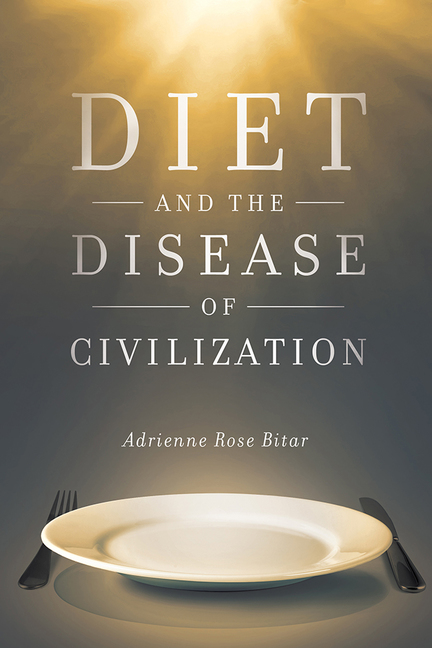I’m on the visionary panel. To register, click here.

Adrienne Rose Bitar. Diet and the Disease of Civilization. Rutgers University Press, 2017.

I did a blurb for this one:
Bitar’s fascinating thesis is that diet books are ways to understand contemporary social and political movements. Whether or not you agree with her provocative arguments, they are well worth reading.
I also took some extra notes because the publisher wanted a particularly short blurb. As you might suspect from my brief comment, I have some quibbles with some of Bitar’s arguments, but the book is interesting, well written, and worth a look.
Bitar deals with four categories of diet books: Paleolithic, faith-based, South Seas paradise, and detox (this last category strangely includes Michael Pollan’s and my work).
Here’s a sample from the chapter I thought strongest, the one on Paleolithic diets. It refers to classic images of man arising from apes, and then degenerating into obesity.
These images suggest what is much more explicit in the text—that the diet is a story about humanity, about evolution, about civilization and dis-mankind. The body of the individual dieter is situated in a long, deep history of mankind. The dieter is biologically indebted to the Paleolithic Era and, in turn, the coming generations will be indebted to him. Everyday body practices of the individual—eating, sleeping, walking—are elevated to symbols of mankind’s ascent or descent, failures or triumph, in the grand narrative of progress (p. 41).